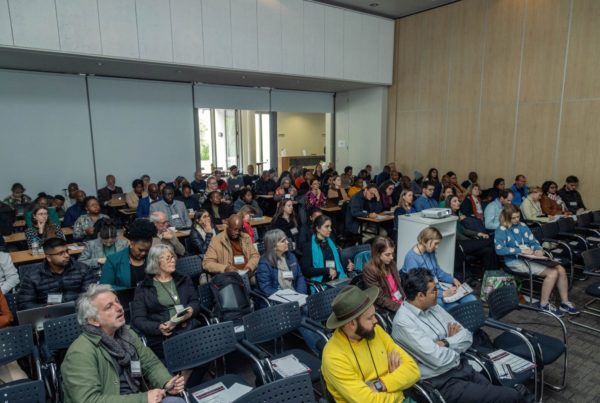Reading and socio-emotional skills in challenging school contexts: Evidence from South African primary schools
This two-year project for the UK’s Economic and Social Research Council (ESRC) will involve a number of researchers from outside RESEP, including Elizabeth (Lilly) Pretorius from Unisa, Cally Ardington of UCT, Nompumelelo Mohohlwane from the DBE, and Nwabisa Makaluza and Ngamso Mtsatse from Funda Wande. Some of the research links to the Early Learning Programme.
Understanding poverty in Namibia
This project is being undertaken for the Namibian Chamber of Environment, an NGO.
Advice to Namibian Statistics Agency
Advice the NSA on questionnaire and analysis of Namibian Household Income and Expenditure Survey.
Behavioural economics intervention on TB treatment adherence
This research follows on year-long preparation study where we researched the suitability of various adherence monitoring devices in high burden TB communities. The project will develop a TB treatment adherence app and test the impact of this app. The work is funded by the World Bank and Erasmus University Rotterdam and is conducted in partnership with Western Cape Department of Health.
Trauma, vulnerability and mental health
This work will consider the relationship between trauma, vulnerability and mental health and South Africa and Sweden, implementing a range of new health inequality measures and decompositions. The work will coincide with Ulf Gerdtham (Lund University)’s visit to STIAS.
Estimating the social cost of paediatric MDR-TB to caregivers
The project will estimate the social cost of taking care of a child under 5 with MDR-TB in vulnerable and high burden communities. The project feeds into a paediatric MDR-TB prevention intervention study led by the Desmond Tutu TB centre.
Farm input subsidies and gender bargaining power in Malawi
This project, including representatives from the government of Malawi, Milennium University in Malawis, CERDI in France and RESEP representatives, will focus on the role that farm input subsidies have had on women in their households. The work is funded by the Partnership for Economic Policy (PEP).







